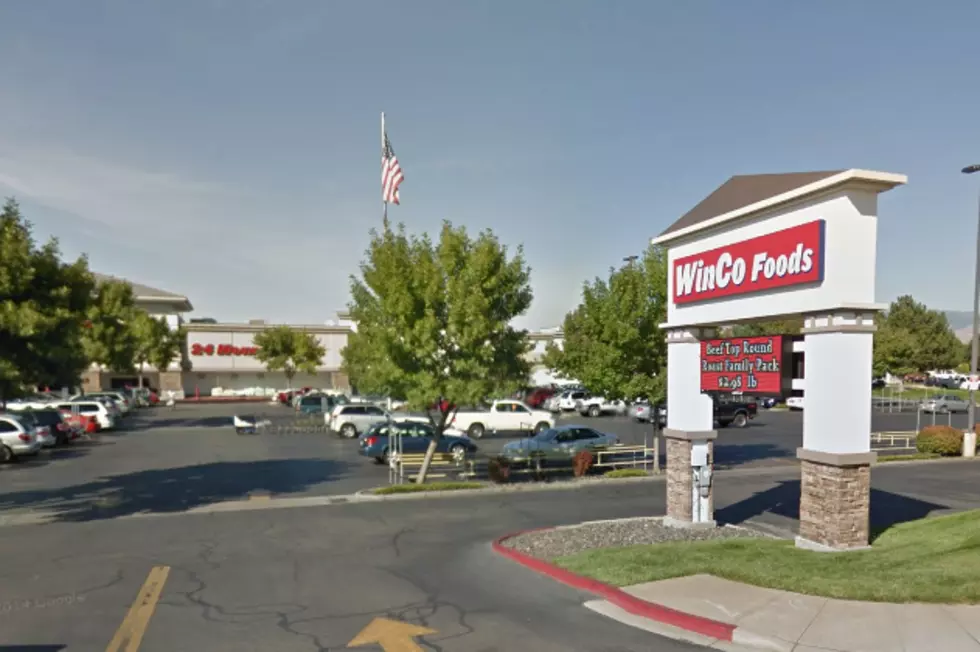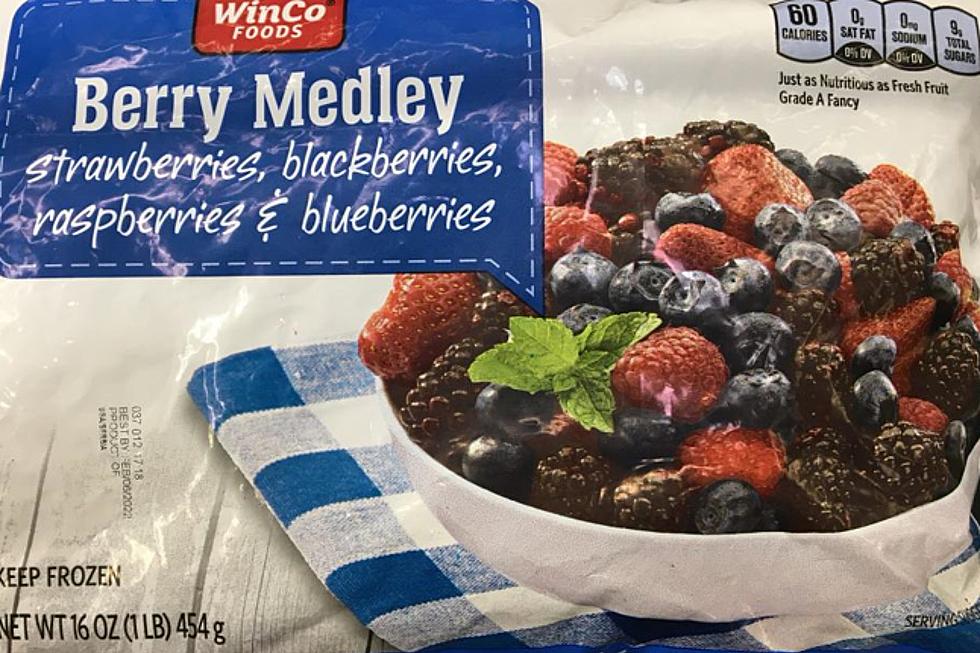
Life Lessons From Winco’s Millionaire Checkers
BOISE, Idaho (KTVB) -- Experts say Americans are heading into a retirement crisis. People are living longer, requiring more health care, health care costs are rising, and people are saving less money. So, what's the answer? Some people right here in Southern Idaho may have found it at the grocery store.
James Lair works as a meat cutter at the Nampa Winco. He took the job about 24 years ago after finishing school, when he just needed a job.
"I just kept my head down and worked, and I'm still here," said Lair.
But, there's something about him and his retirement account, you probably wouldn't expect. Lair says his retirement savings is pushing seven figures.
"I'm going to retire pretty well, I think," he said.
That's right. The unassuming meat cutter is pretty much a millionaire, or at least will be, when he retires in his mid-50's. He says he never would've expected to retire a millionaire, when he started working as a meat cutter. But, James isn't the only grocer at Winco with plenty of green.
"We have checkers that I know, have over $1 million dollars in accounts," said Blaine Maxwell, former manager of the Meridian Winco. "Yeah, it's amazing."
Maxwell actually started on the freight crew, and worked for the Boise-based grocery chain for 36 years. He says it was hard work, but he was able to retire at 53, much to the surprise of friends and family.
"We had a lot of people raise their eyebrows," he said.
Meanwhile, Brenda Bell works in the corporate office, and has 28 total years with Winco. Again, she could retire in her 50's.
"Early retirement sounds good to me," she said.
How is all that even possible? Well, it's because they're all actually part-owners of Winco.
"Yeah, it's our company," Bell said.
In 1985, Winco created an Employee Stock Ownership Plan, or "ESOP." Unlike a 401-K, employees like Blaine, Brenda, and James don't have to contribute anything. Instead, the company puts Winco stock (which isn't traded publicly) in their employees' portfolios. As the company has grown from 17 stores in 1985 to 98 stores, so has the stock, by an average of 20 percent every year. That has made for some very happy employees. About 400 front-line employees company-wide have more than $1 million in their retirement.
That fear of retirement is something many other Idahoans are feeling, according to financial expert Dave Petso.
"It is a crisis, and people need to step it up," he said.
Petso says there is a retirement crisis in Idaho and across the nation. He says, not only do most people not have retirement portfolios anywhere close to those of these Winco employees, most hardly have any retirement at all, and will have to work until they die.
"It isn't just a simple thing where we can say, 'You need to save more,'" he said. "You need to save a lot more."
Petso says people come into his office all the time, trying to plan for their retirement in their 50s and 60s. With people living longer, requiring more health care, and health care costs rising, he says it's impossible to start that late.
So, what do we do? What can be learned from those Winco employees? Petso says Winco has been run beautifully, but their ESOP success is not something you normally see.
"I think they won the ESOP lottery," he said
But, there is one thing that Petso and our Winco millionaires said we should all do to prepare for retirement, save, right now.
"Get serious about it. This is a bill you have to pay," said Petso. "And, people do have the money to do it if they took it seriously. Put the credit cards away. Quit over-spending. Get serious, and just like that, you're off and going."
"You need to do something for your retirement," said Maxwell. "I'm not counting on the government. My kids aren't counting on the government. So, you need to start somewhere."
"Don't blow it off," said Lair. "Just do it. Even putting a little bit away... it adds up."
Petso says we can all create a budget that adheres to the 70, 20, 10 rule. He recommends we spend 70 percent of our income, 20 percent in a 'take' account (where we take from that for things like medical bills and car repairs), and we put 10 percent into a retirement account. He says, eventually, that retirement percentage should increase to 15 percent, if you want to be ready.
More From Kool 96.5









